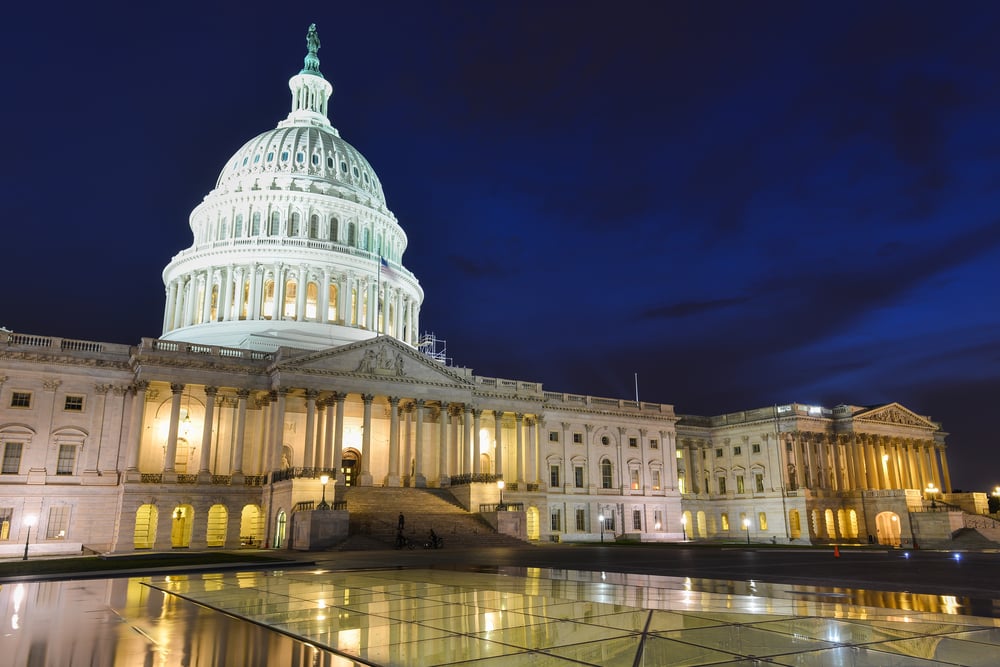U.S. Lawmaker Introduces 3 Pro-Cryptocurrency Bills to Congress

On Friday, Sept. a U.S. member of Congress announced that he will introduce three new bills aimed at supporting the development of blockchain technologies, as well as the use of cryptocurrency, within the United States.
Rep. Emmer: U.S. Must Support Blockchain Development
According to Rep. Tom Emmer (R-MN), the initiator of this bold move, the U.S. needs to pass favorable legislation to the burgeoning blockchain industry if it hopes to remain a leader in this space.
“The United States should prioritize accelerating the development of blockchain technology, and create an environment that enables the American private sector to lead on innovation and further growth, which is why I am introducing these bills.”
Overall, the new legislation will support the rapidly growing blockchain industry within the U.S. by providing clear and concise guidelines for investors companies, and businesses, as well as a safe harbor for taxpayers using cryptocurrency assets.
Rep. Emmer, who has just been named co-chair of the Congressional Blockchain Caucus, also added that, “Legislators should be embracing emerging technologies and providing a clear regulatory system that allows them to flourish in the United States.”
Emmer’s Three Pro-Crypto Bills
Emmer’s first piece of legislation is a House resolution to express support for cryptocurrency and blockchain technology. As mentioned, this and the other two bills are aimed at supporting the use and development of blockchain technology in the United States. According to the Emmer, and many other industry experts, the U.S. government cannot do anything to stop their development. Therefore, legislators should be stepping in to provide a clear, concise, and legal framework for their use within the country.
The second bill, the Blockchain Regulatory Certainty Act, confirms that certain entities such as cryptocurrency miners and multi-signature providers, who never fully take control of consumer funds, will not need to be registered as money transmitters. This is because they are only there to help validate the network’s integrity, by providing more security for those who use digital assets.
The final bill, the Safe Harbor for Taxpayers with Forked Assets Act of 2018, aims to address confusion surrounding how to report gains made as a result of cryptocurrency forks to the Internal Revenue Service (IRS). Previously, there was little IRS guidance on this matter, so the bill will be used to give taxpayers tight regulation about the use of forked funds. Furthermore, it will also protect individuals from facing fines until the IRS establishes some guidelines on how taxpayers are to report their digital assets.
Featured Image form Shutterstock